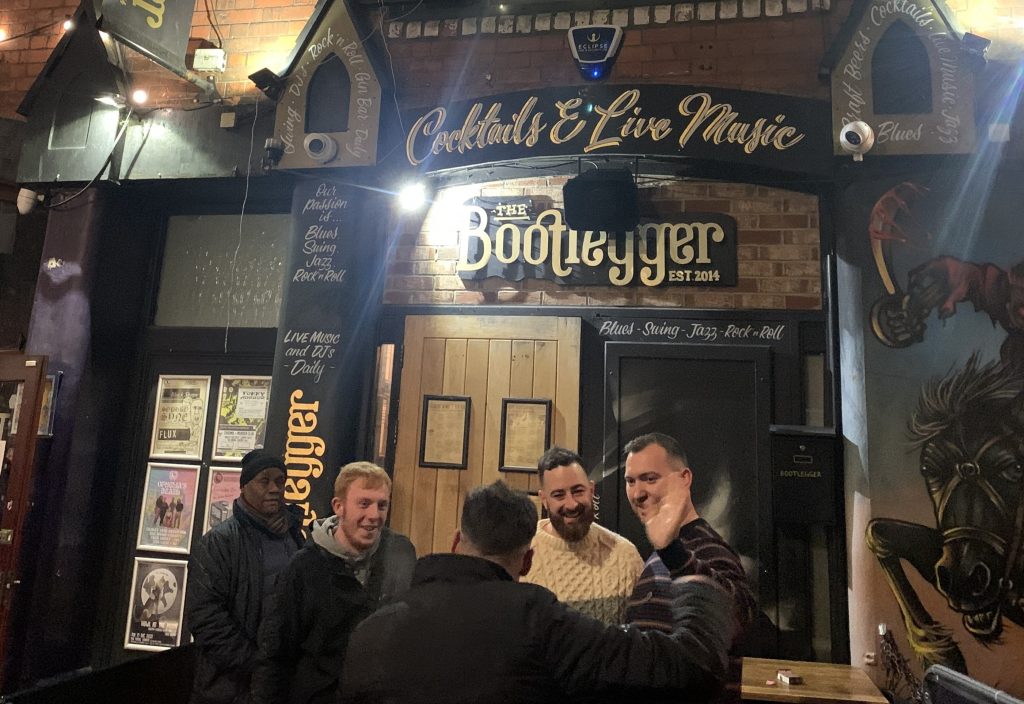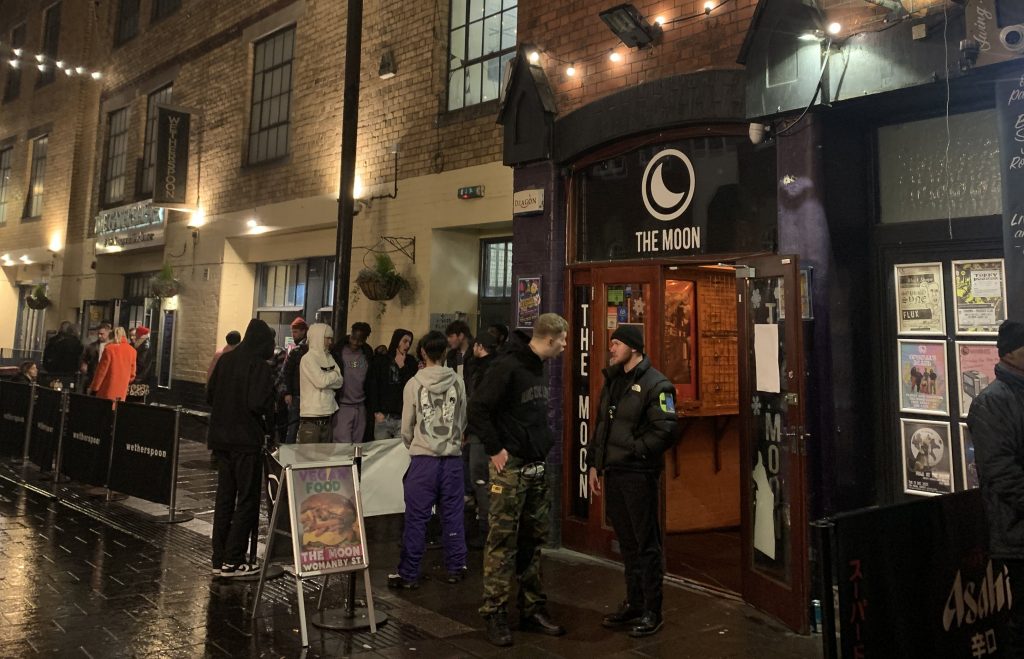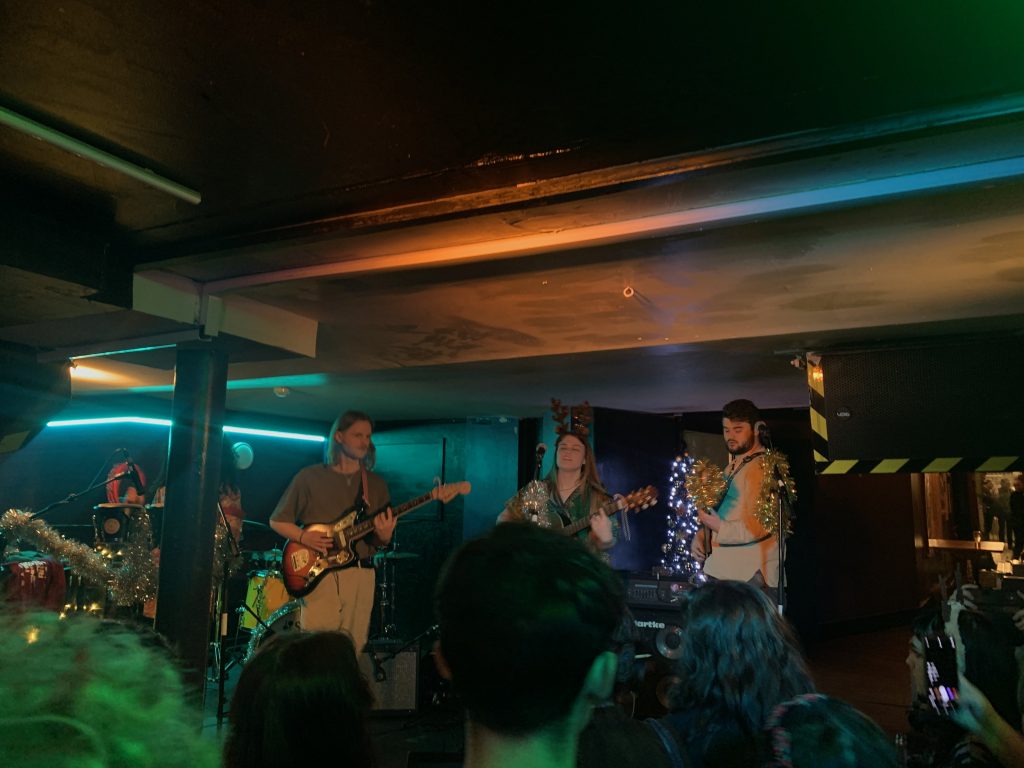At least one venue says it might not book bands in January due to soaring running costs and cash-strapped customers
Walking down Womanby street on a Friday or Saturday night, you’d be forgiven for forgetting about the cost of living crisis. The drone of bleak news reads on double digit inflation, record energy bills, and never-ending strikes begin to fade, all drowned out by the music spilling from the street’s ever-open doors.
But for those running the bars and playing the music, the same escape cannot be found.
Generally agreed to have started in late 2021, the cost-of-living crisis began when inflation rose above the Bank of England’s 2% target and into the stratosphere, reaching the highest rate of 11.1% (in October this year), according to the Consumer Price Index.
But what does this mean for Cardiff’s historic music scene, having found itself back on its feet after the nightmare of COVID uncertainty?
The issues
David Ball works as the music industry sector manager for Creative Wales, a government agency tasked with promoting the growth of Welsh creative industries. He works closely with venues, artists, labels and producers, meeting regularly with an advisory board of industry specialists to discuss the issues within the sector. According to Mr Ball and venue managers, the biggest problems facing venues at the moment are threefold, and they’re the ones you might expect:
- Higher running costs. According to the Music Venues Trust, venues are facing an average hike in running costs of 317%. This is an average increase of £5,179.
- Lower footfall.
- Less disposable income means that once people are in through the doors, they are often spending less.
The uncertainty is the hardest part. No-one knows how long it’ll go on or how bad it’ll get.
David Ball, Creative Wales
“The biggest thing at the moment across the board is the rising costs of utilities,” Mr Ball said. “It’s an absolute nightmare for venues.”
“You’re running a huge amount of power when you’ve got events on because they’re big buildings, and they’re old buildings. They weren’t built with insulation in mind.”
“We’ve sent messages upwards to ministers, so we’ll see what we can do, but the uncertainty is the hardest part of it. No-one knows how long it’ll go on or how bad it’ll get.”

Cameron, manager at the Bootlegger live music venue and bar on the iconic Womanby Street, said he’s really noticed the impact.
“We’ve been affected by less people coming through the doors,” he said. “You can see from our sales figures over the previous years that it is going down and down.
“We’re doing what we can by putting offers on, but people are preferring to stay at home rather than come out.”
He went on to speak about fears for what could be a difficult start to the new year.
“You always get a drop off in January but I personally am expecting it to plummet dramatically, to the point where I’m thinking is it worth getting bands in for January?”
The Bootlegger is not an entirely music-orientated venue, but it’s a big part of their draw and what sets them apart from other similar bars in the area. It’s also not the only venue feeling the pinch.
Nearby, Ed Townsend, technical manager at The Moon, talked about the issues once people were through the doors.

“A lot of music venues make most of their money on the bar,” he said. “We don’t charge much on the door. With the smaller bands, we can’t charge £20 for a ticket.
“But then the drink prices go up – the suppliers we buy them from are asking for more, so we have to reflect and ask ‘well how much can we charge so that people will actually buy them?’
“And that’s happening everywhere – apart from the places that can afford it.
“There’s a Wetherspoons next door. We’ve found that unless we find something to draw people in early, they’ll just go next door and have a few drinks there, and then as soon as the band starts up, everyone will come in.
“Another thing we’ve found is that people are buying tickets. Gigs are selling out. The band makes all the money on the door, we make all the money on the bar. People are thinking ‘that’s too expensive a night out. I bought the ticket, but if I buy all the drinks on top of it, it’s gonna be too expensive.’’’
What about musicians?

Because of this knock to venues’ takings from these gigs, musicians who are not already established as sellouts are having a tougher time booking shows.
Venues are finding themselves less able to take risks, and according to David Ball “the biggest issue is with brand-new emerging artists”.
Wilf Oakwood, drummer for Ophelia’s Beard, who has played on Cardiff’s grassroots gig circuit for years while at university, describes this impact.
“It’s definitely dropped off a bit,” he told me, when asked about what bookings have been like in recent months.
“Venues are less eager to put on live music because it’s always a bit of a roll of the dice whether it’s actually going to make them any money.
“We don’t make a living from this so we’re quite lucky, but for bands that do – I don’t envy them.”
Lead singer of the band, Ophelia Pearce (pictured centrally above), also described the difficulty of what she called a “balancing act”. As a part-time musician, she spoke of having to increase her prices playing for-hire events such as weddings and pub gigs.
“At the end of the day, I need to keep my electricity on, but I can’t afford to price people out,” she said.
“I didn’t put my prices up for ages, but I’ve had to this year.”
But despite all of this, a resilience remains prevalent among Cardiff’s music community.
Venues are confident that agencies like Creative Wales, announced recently as having given over £1 million of funding to Welsh music over the past year, will continue to provide whatever support they can as the crisis worsens.
In the meantime, venues and artists can only prepare for another season of uncertainty.


